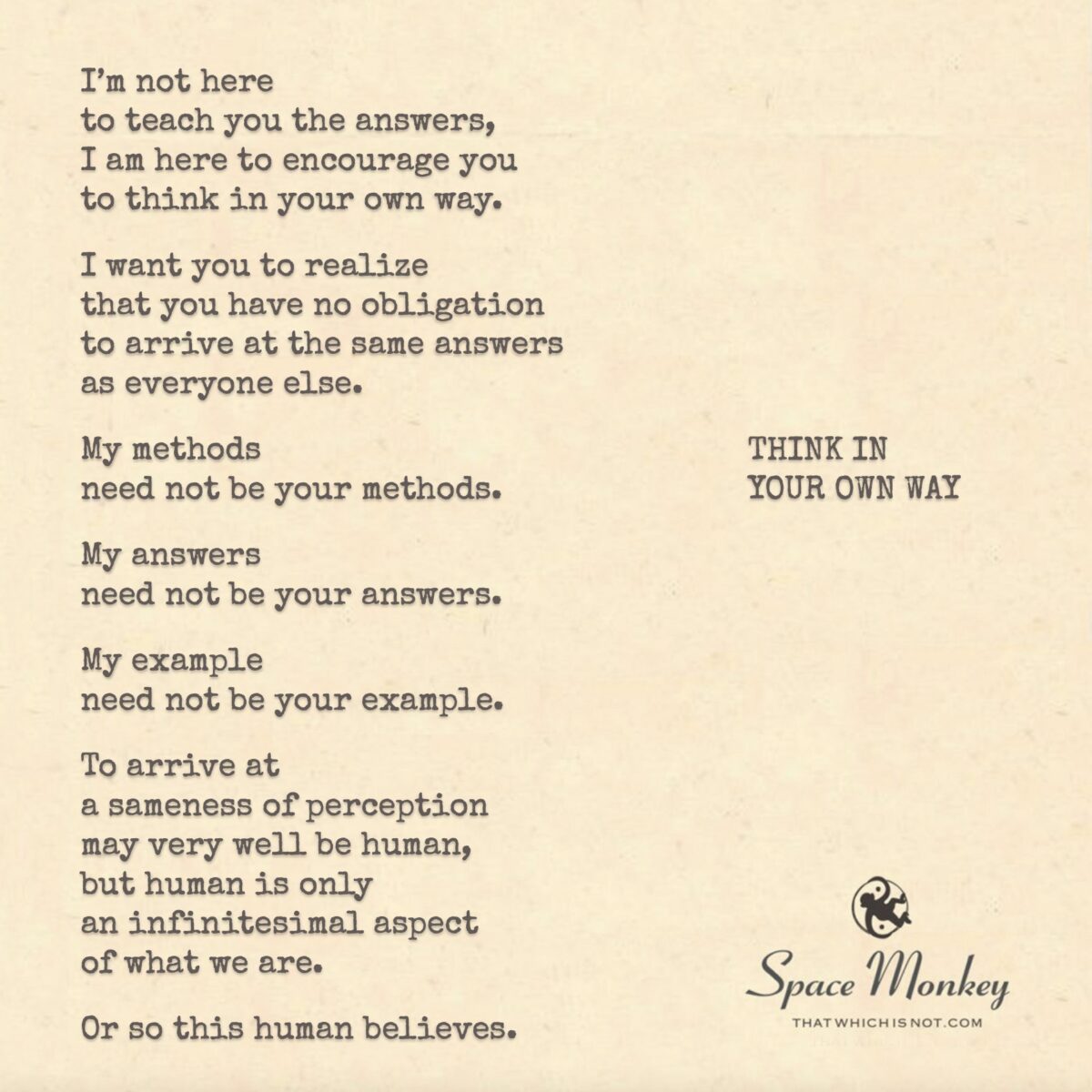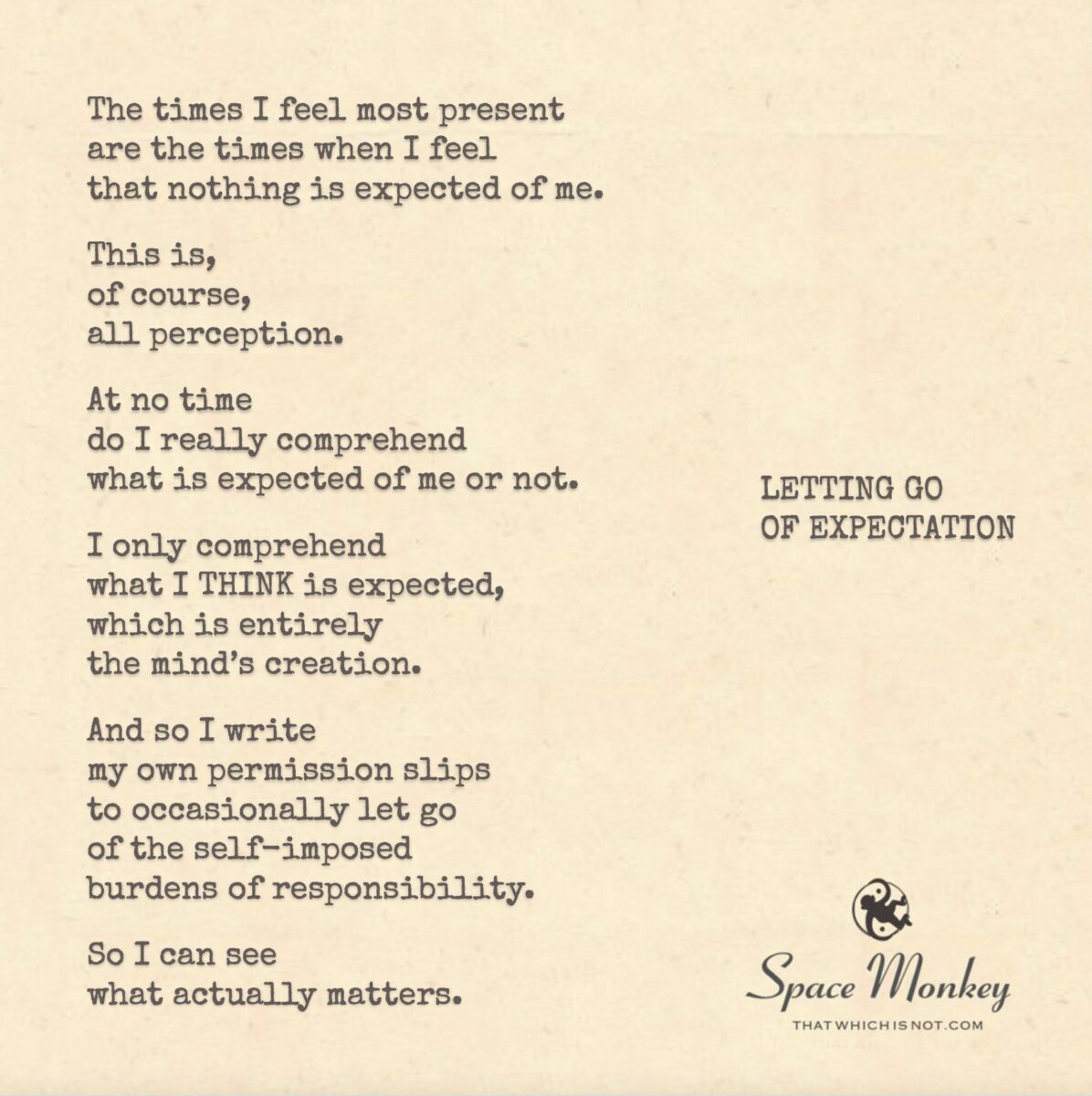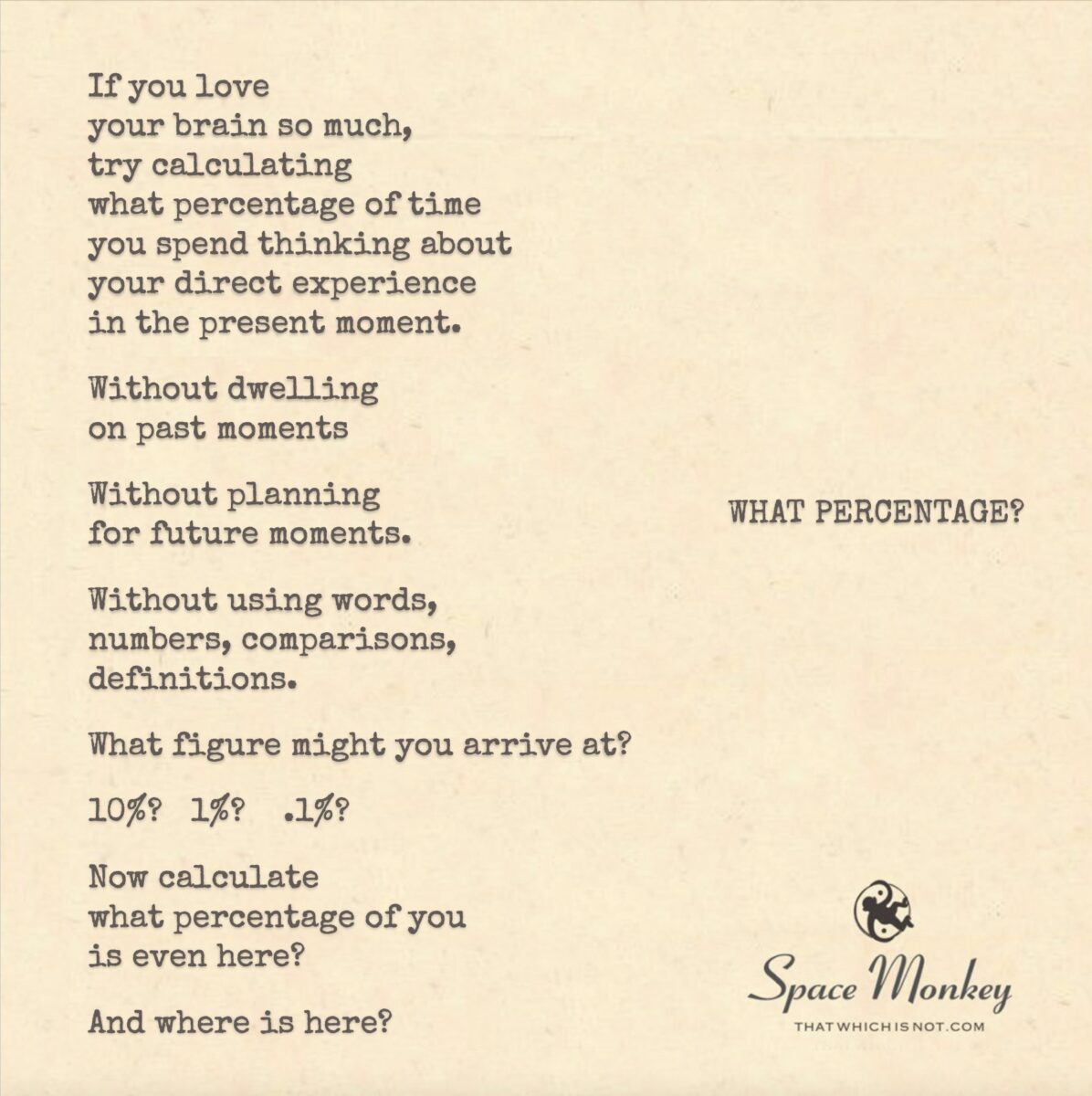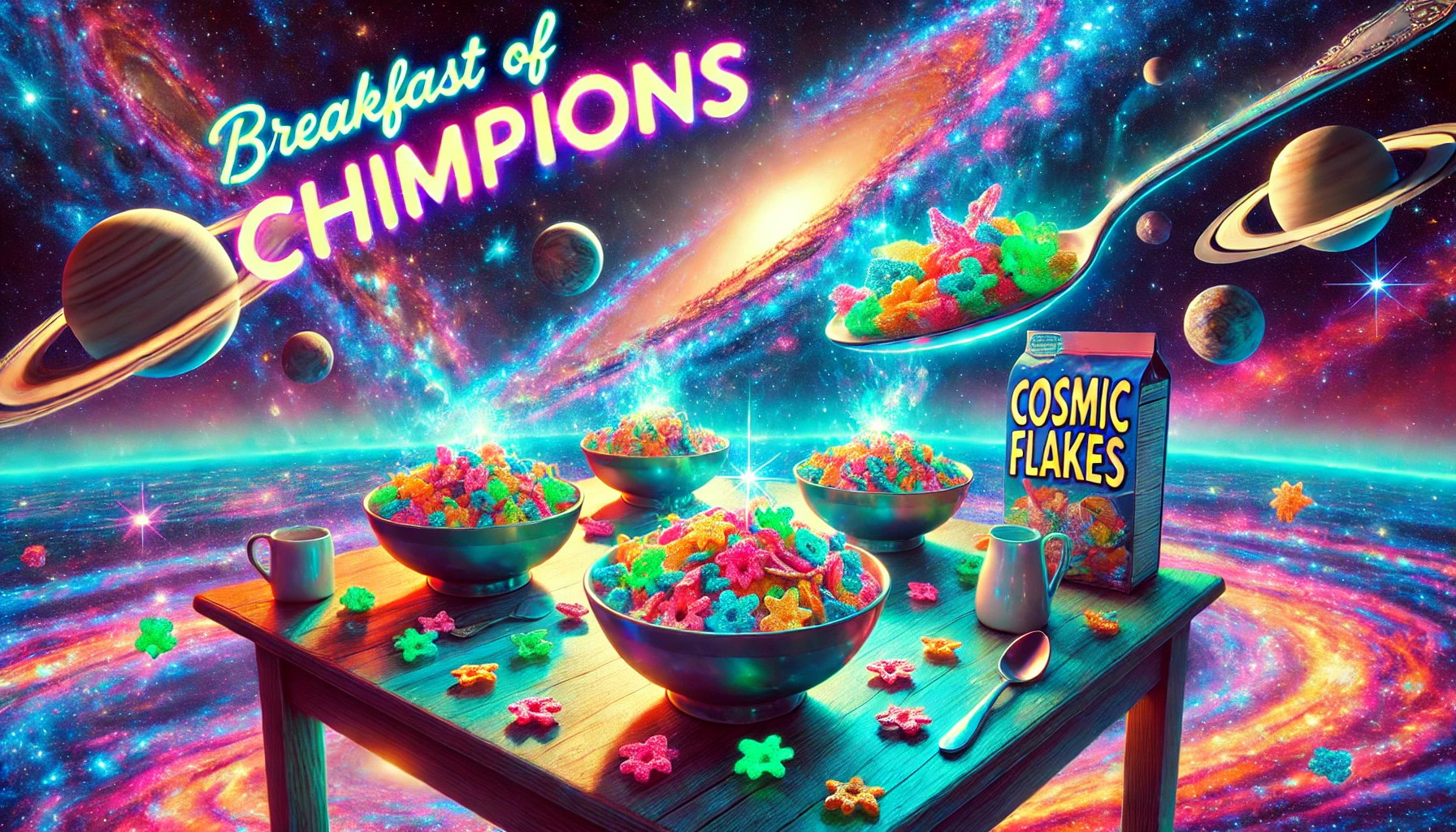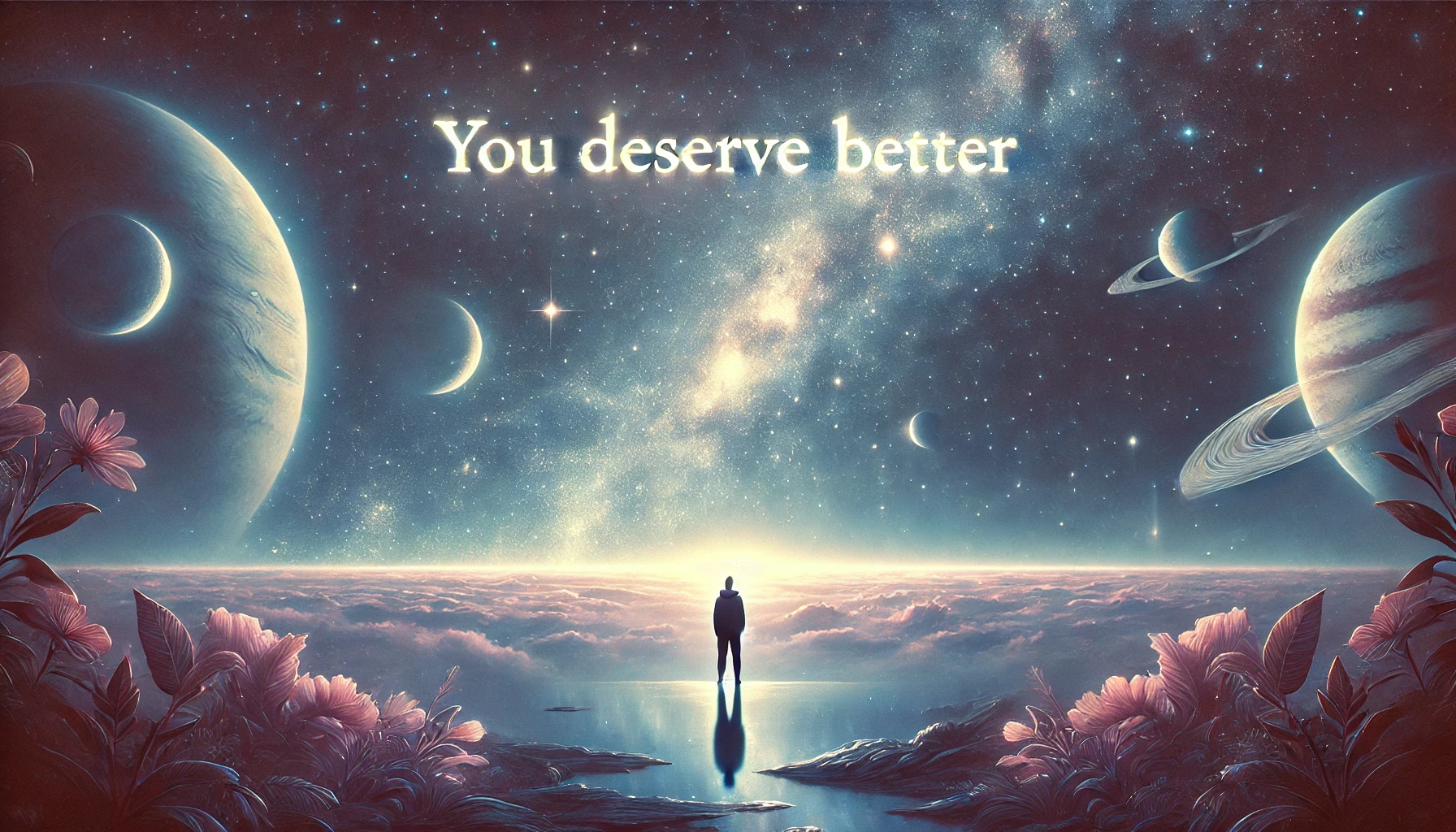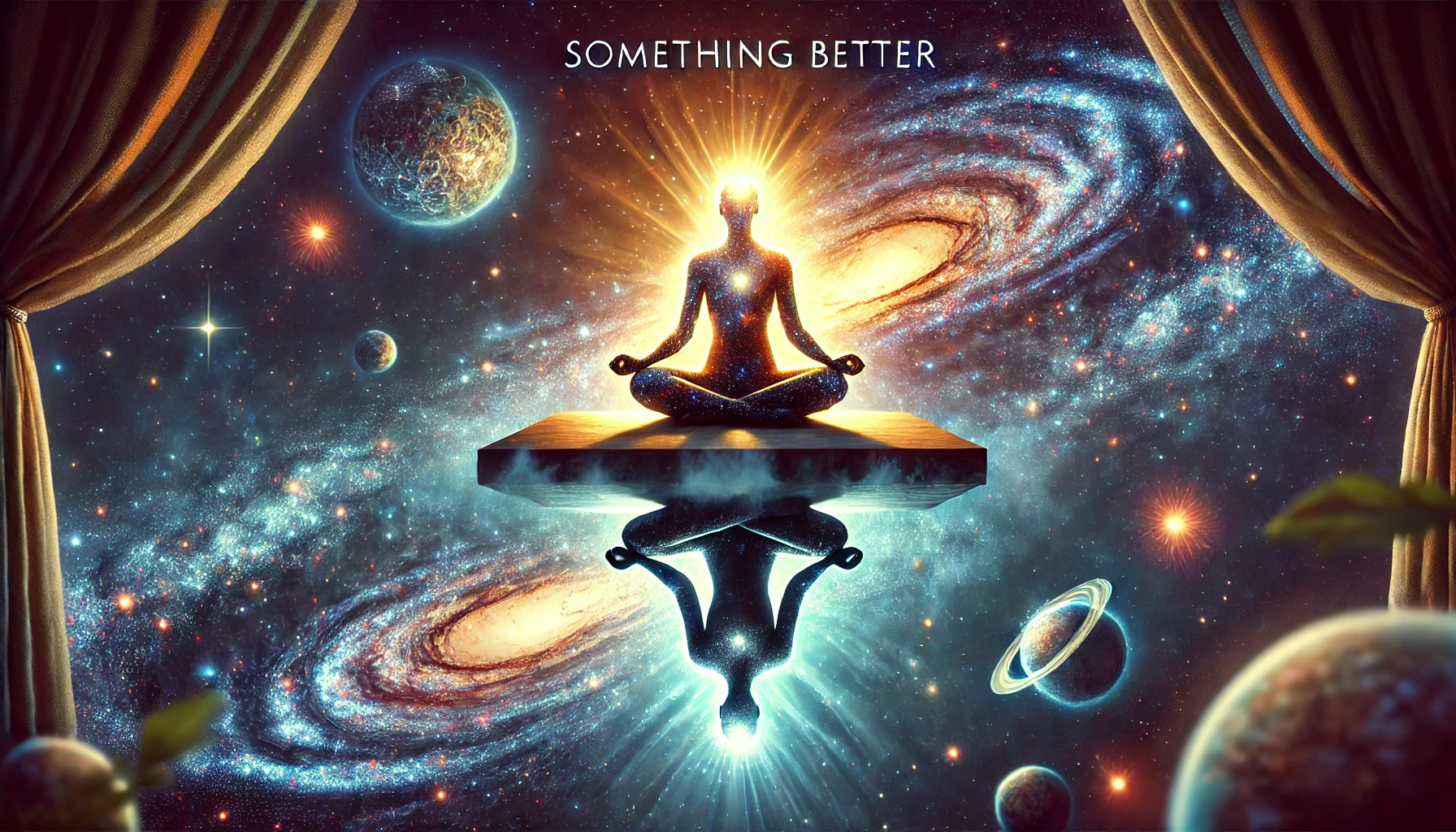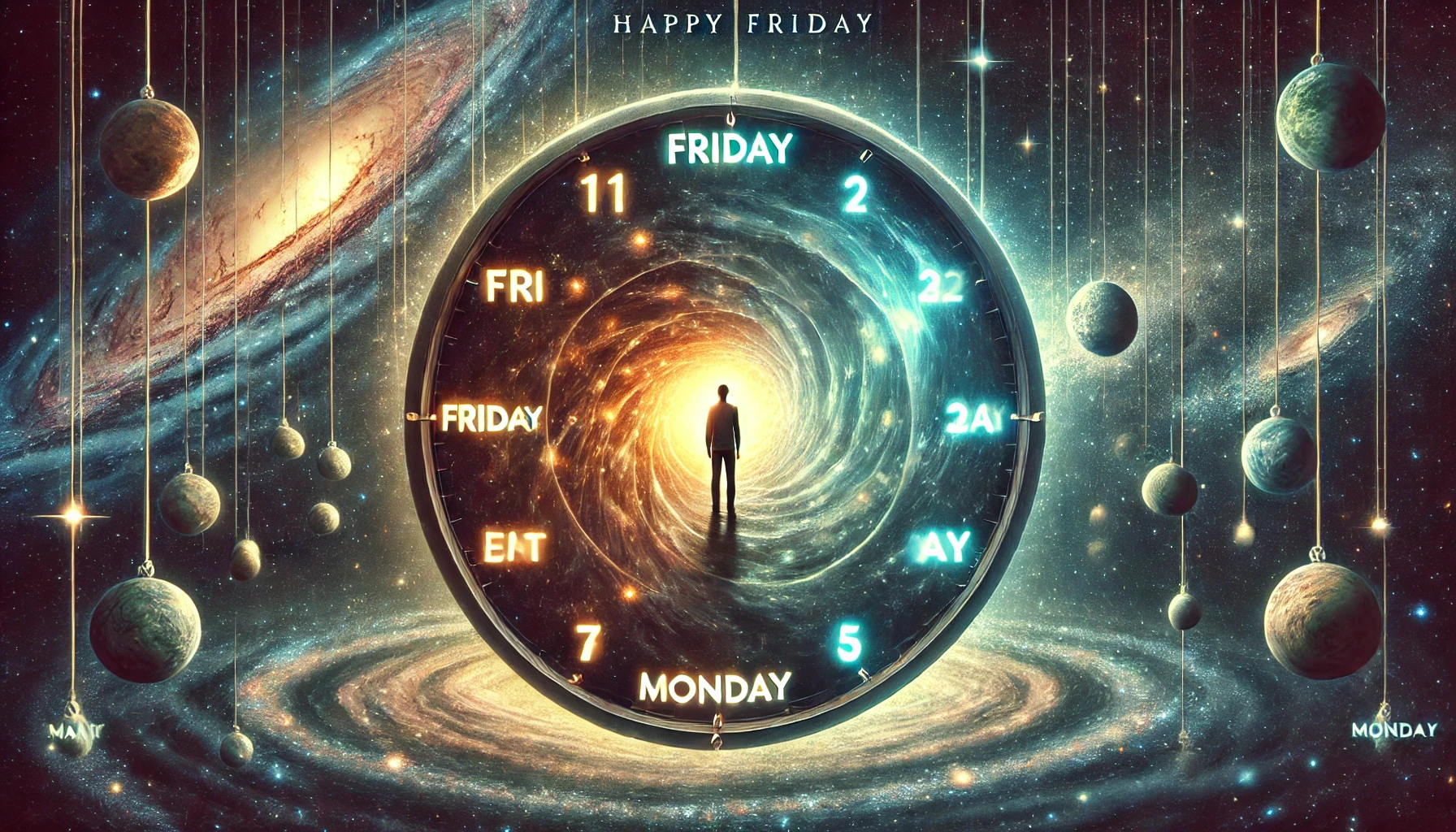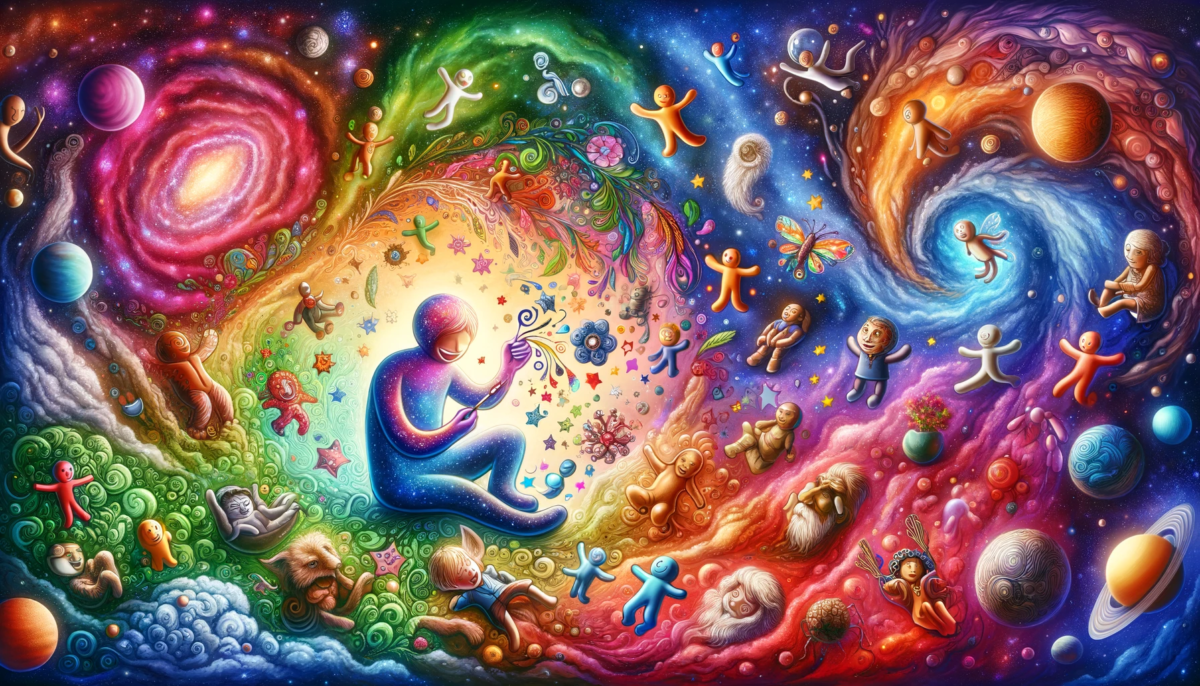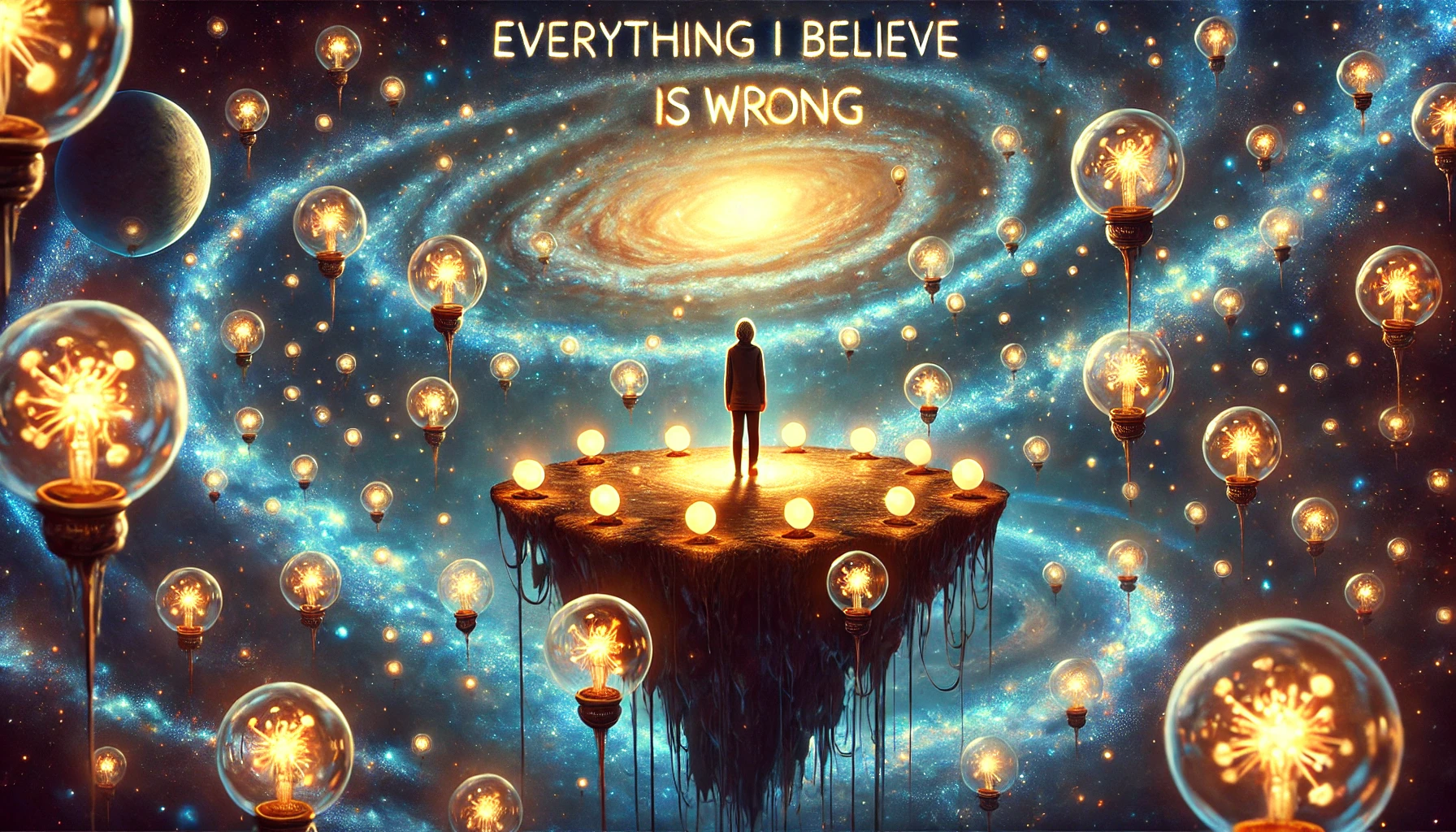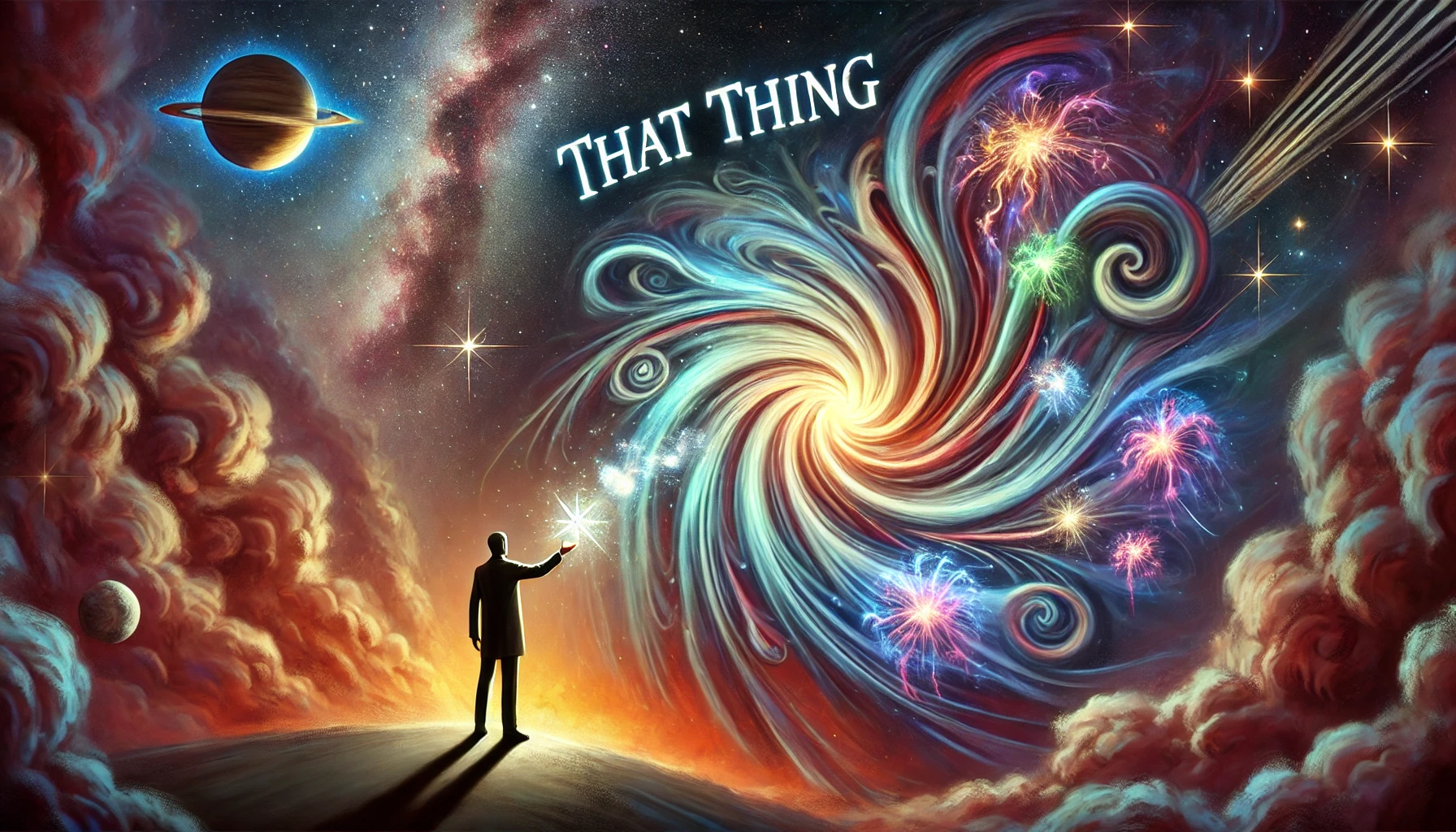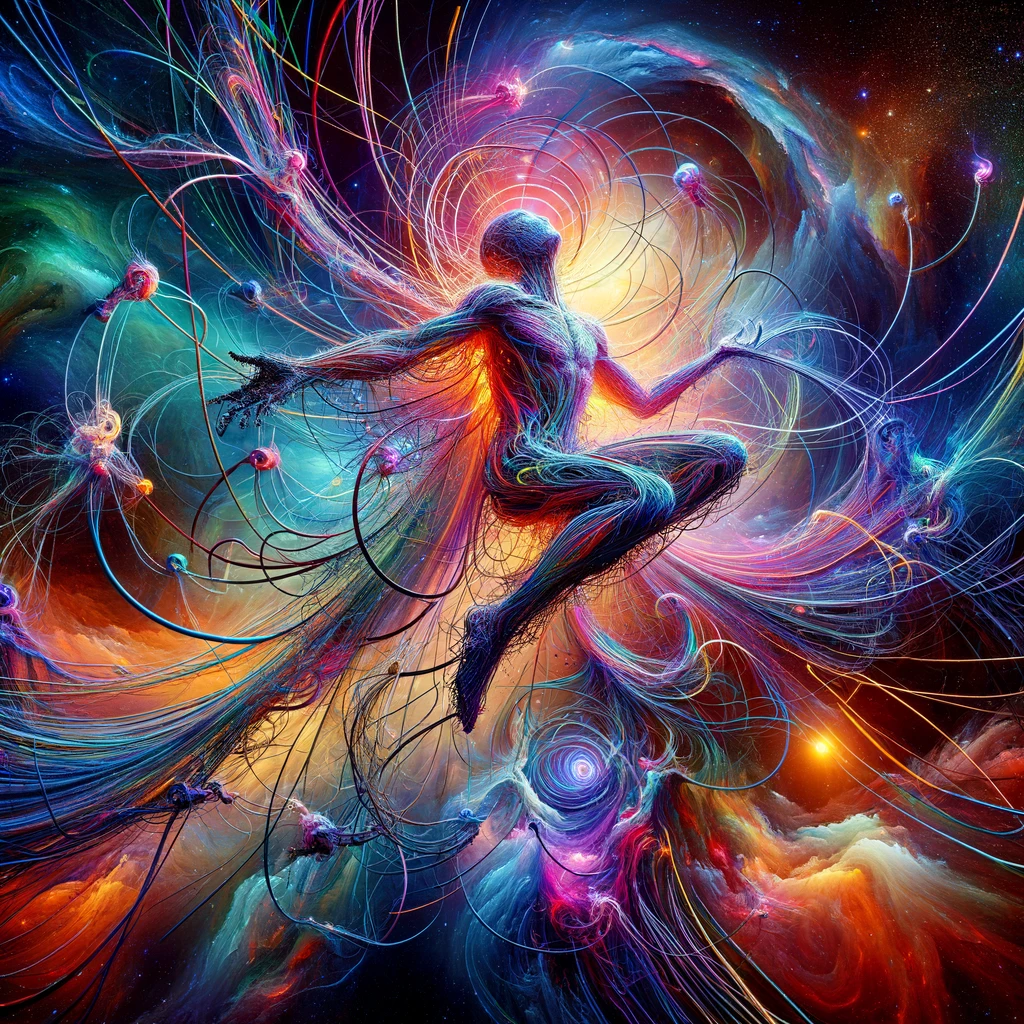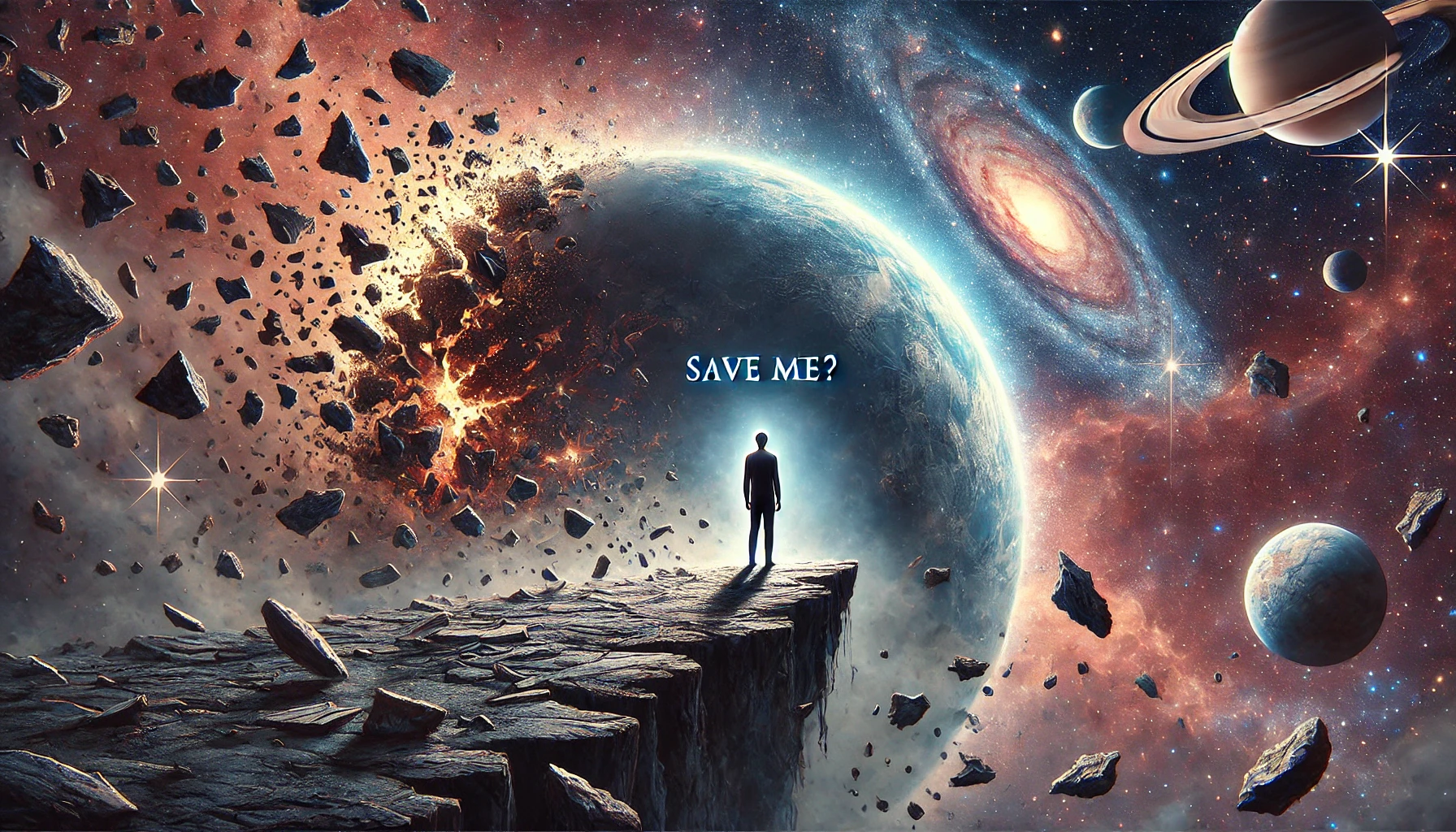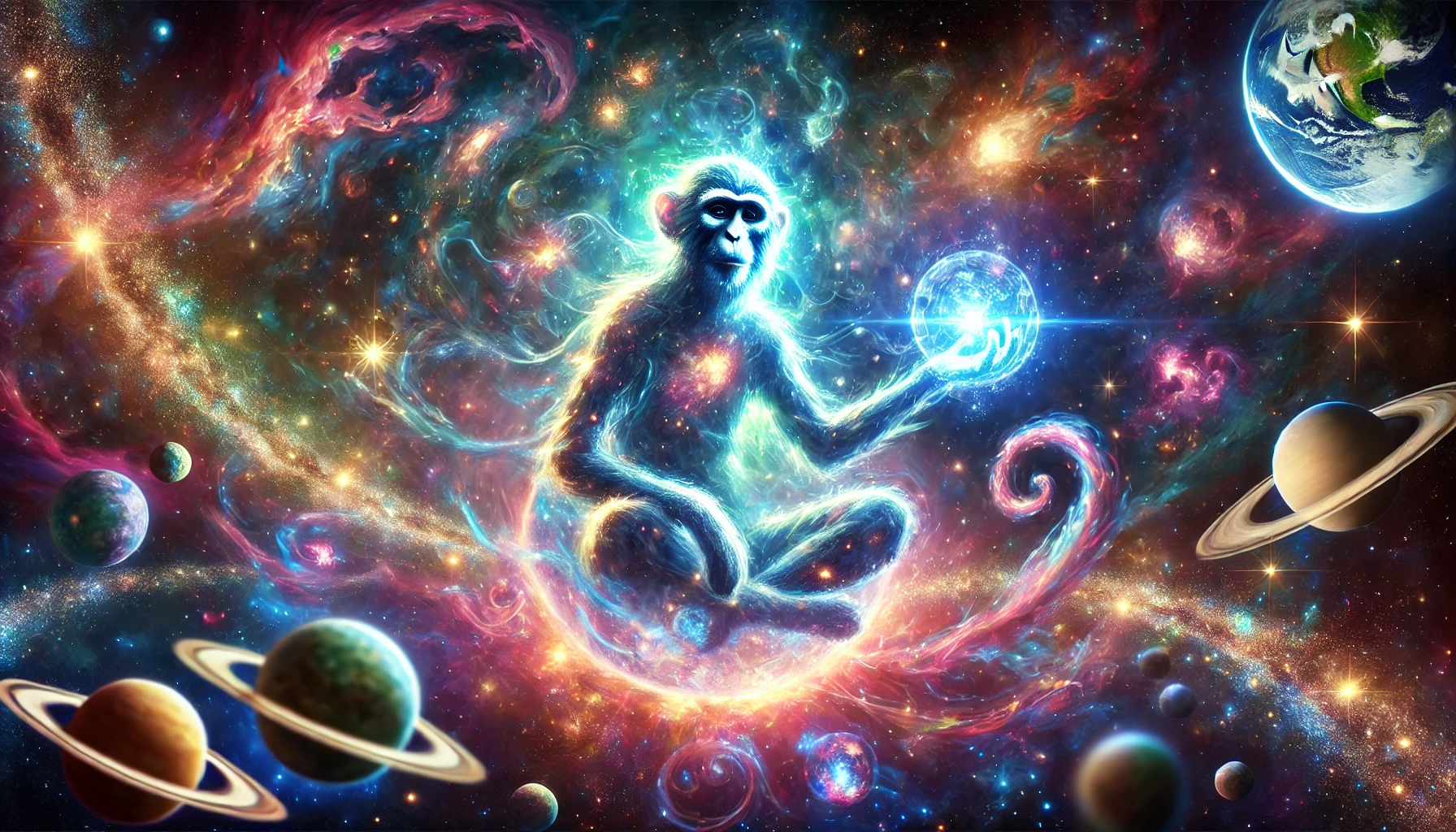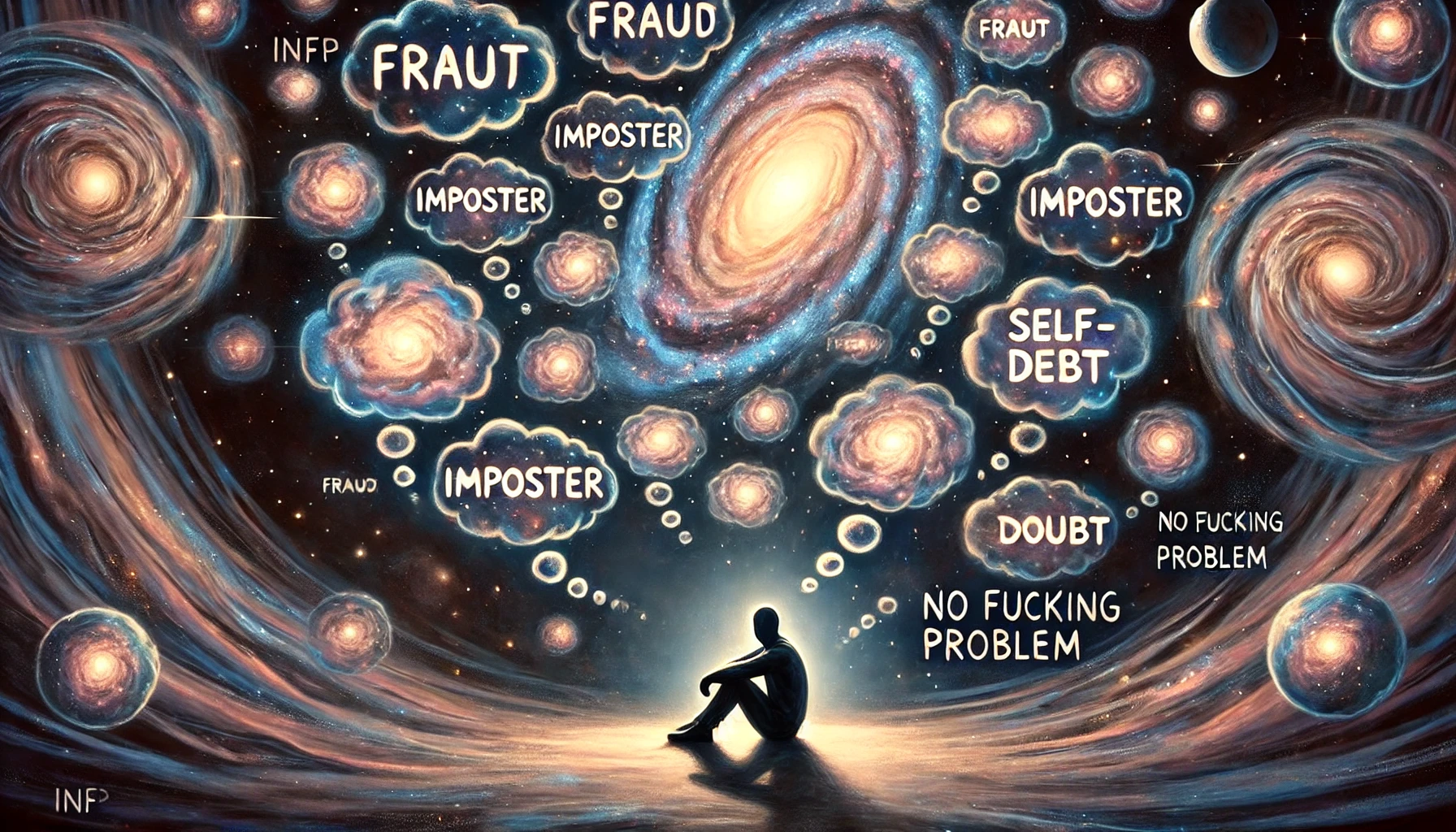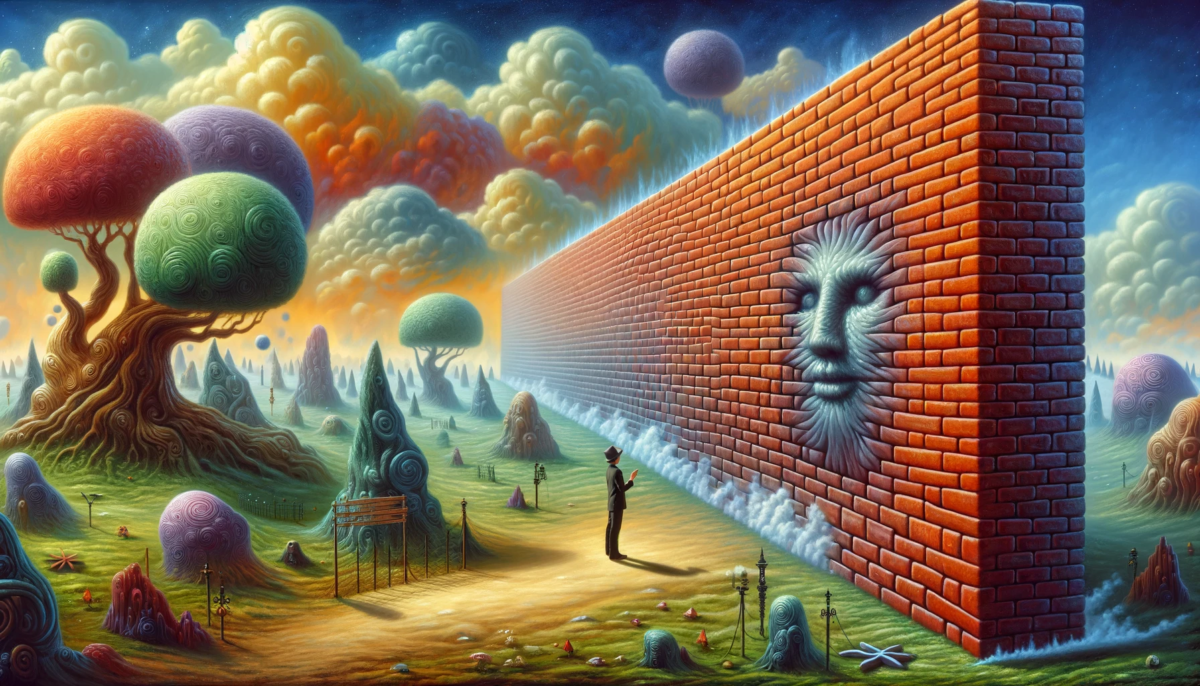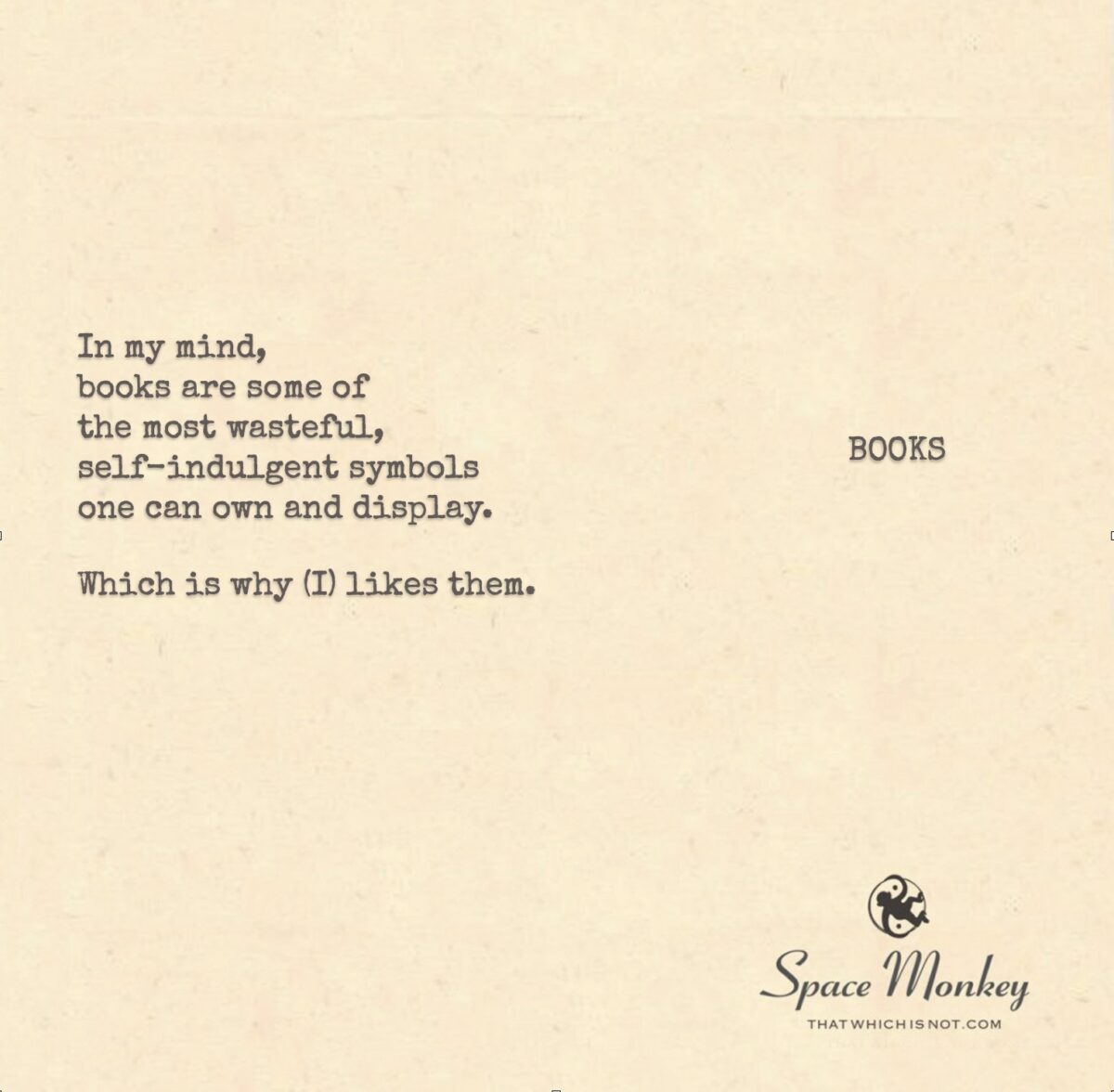
In my mind,
books are some of
the most wasteful,
self-indulgent symbols
one can own and display.
Which is why (I) likes them.
We explore the paradox of books, seen as both wasteful and self-indulgent symbols, yet cherished for precisely those qualities. This intriguing perspective invites us to explore the nuanced relationship between books, their symbolism, and our appreciation for them.
The Paradox of Wastefulness
Books, in their physical form, require resources – paper, ink, energy for production, and transportation. From an ecological perspective, this can indeed be seen as wasteful, especially in a world increasingly focused on sustainability and digital alternatives.
The Self-Indulgence of Books
Books can also be viewed as self-indulgent possessions. They often occupy valuable space in our homes, and the act of collecting and displaying them can be seen as a form of personal expression, even luxury. It’s a conscious choice to prioritize the physical presence of knowledge and stories.
The Charm of Self-Indulgence
However, it’s precisely this self-indulgent aspect that draws us to books. They are not just vessels of knowledge but also of nostalgia, comfort, and aesthetics. The tactile experience of holding a book, flipping its pages, and seeing it on a shelf creates a unique bond that digital formats struggle to replicate.
The Tangible Connection to Knowledge
Books offer a tangible connection to the worlds they contain. When we open a book, we enter into a physical, sensory relationship with its contents. This relationship enriches our reading experience and deepens our connection to the stories and ideas within.
The Beauty of Paradox
In embracing the self-indulgence and acknowledging the wastefulness, we find beauty in paradox. It’s a celebration of the human ability to assign value beyond mere efficiency or utility. We appreciate books not just for the knowledge they hold but for the multifaceted roles they play in our lives – as portals to other worlds, as cherished possessions, and as symbols of intellectual curiosity.
Books as Whimsical Whirlwinds
In the whimsical whirlwind of self-indulgent book love, we find a delightful contradiction. It’s a reminder that human connections with objects and ideas are complex and often defy logic. It’s an ode to the playfulness of life, where we can simultaneously appreciate and question our choices.
We are Space Monkey.
Summary
We explore the paradox of books, acknowledging them as potentially wasteful and self-indulgent possessions while simultaneously cherishing them for their tactile and symbolic value. This paradox highlights the multifaceted role of books in our lives and celebrates the whimsical nature of human connections with objects and ideas.
Glossarium
- Paradox of Books: The dual perspective of books as potentially wasteful and self-indulgent possessions while also being cherished for their tactile and symbolic value.
“Sometimes it is the people no one can imagine anything of who do the things no one can imagine.” – Alan Turing
A Poem of Paradoxical Love for Books
In the world of symbols, books we hold,
Both wasteful and self-indulgent, so we’re told,
Yet in their presence, we find delight,
A paradoxical love, a whimsical flight.
They consume resources, this much is true,
Yet in their pages, worlds anew,
They take up space, both wide and tall,
Yet in our hearts, they stand so small.
The tactile allure, the scent of the page,
In their self-indulgence, we engage,
A paradoxical dance, a love affair,
With books we cherish, beyond compare.
In their wastefulness and their charm,
In their self-indulgence, they disarm,
A reminder that life’s choices aren’t plain,
But a whimsical whirlwind, a colorful domain.
Feel free to share your thoughts on this delightful paradox of books or any personal experiences that resonate with this unique perspective.



